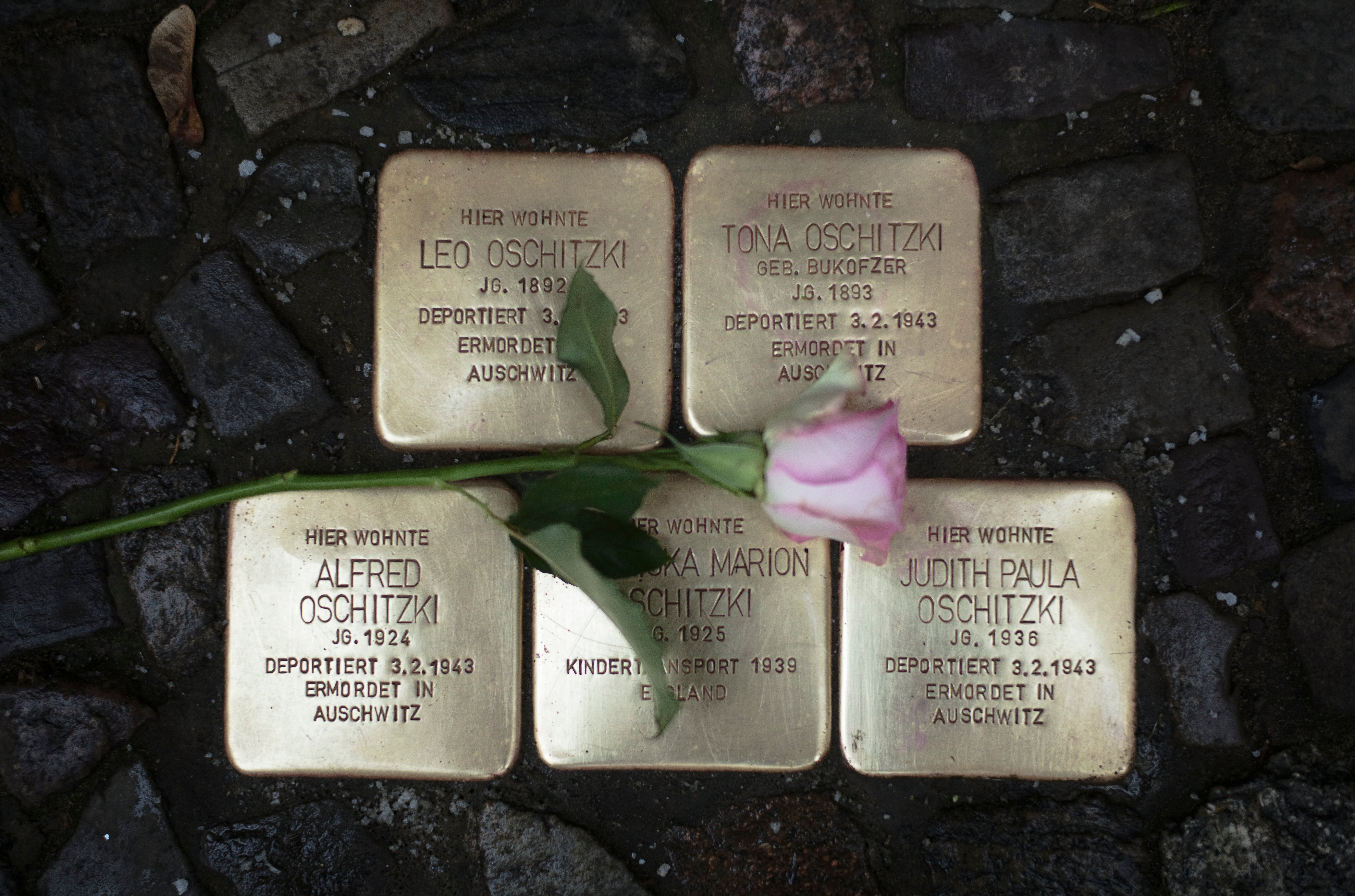German president remembers anti-Jewish pogrom 83 years ago
German President Frank-Walter Steinmeier has marked the 83rd anniversary of the anti-Jewish pogrom that was labeled “Kristallnacht” — the “Night of Broken Glass” — when Nazis, among them many ordinary Germans, terrorized Jews throughout Germany and Austria

Your support helps us to tell the story
From reproductive rights to climate change to Big Tech, The Independent is on the ground when the story is developing. Whether it's investigating the financials of Elon Musk's pro-Trump PAC or producing our latest documentary, 'The A Word', which shines a light on the American women fighting for reproductive rights, we know how important it is to parse out the facts from the messaging.
At such a critical moment in US history, we need reporters on the ground. Your donation allows us to keep sending journalists to speak to both sides of the story.
The Independent is trusted by Americans across the entire political spectrum. And unlike many other quality news outlets, we choose not to lock Americans out of our reporting and analysis with paywalls. We believe quality journalism should be available to everyone, paid for by those who can afford it.
Your support makes all the difference.German President Frank-Walter Steinmeier on Tuesday marked the 83rd anniversary of the anti-Jewish pogrom that was labeled “Kristallnacht” — the “Night of Broken Glass” — when Nazis among them many ordinary Germans, terrorized Jews throughout Germany and Austria
In a speech in Berlin Steinmeier talked about Nov. 9, 1938, when the Nazis killed at least 91 people, vandalized around 7,500 Jewish businesses and burned more than 1,400 synagogues.
The president also pointed out that other significant events also happened on Nov. 9: in 1989, when the Berlin Wall fell, sending East Germans flooding west and setting in motion events that soon led to the country’s reunification. And in 1918, when Social Democrat Philipp Scheidemann proclaimed Germany a republic at the end of World War I.
“Nov. 9 is an ambivalent day, a bright and a dark day,” Steinmeier said. “It makes our hearts pound and brings tears to our eyes. It makes us hope for the good that is in our country, and it makes us despair in the face of its abysses.”
“Perhaps that is why Nov. 9 is a very German day, a day that provides information about our country like hardly any other. In my eyes, Nov. 9 is the German day par excellence,” he added.
Nov. 9, 1938, is also remembered in Austria. On Tuesday afternoon, the country was set to inaugurate a “Wall of Memories” in Vienna with the names of 64,000 Austrian Jews who were murdered during the Holocaust.
In both Austria and Germany, projections were planned in the evening of synagogues in 18 cities that were destroyed or damaged by the Nazis. The head of Germany's Central Council of Jews, which organizes the virtual reconstructions together with the World Jewish Congress, warned that knowledge of the Kristallnacht events is declining.
“The pogrom of 1938, which at the time did not provoke widespread protests by citizens, should always be remembered in Germany as a warning,” Josef Schuster demanded.